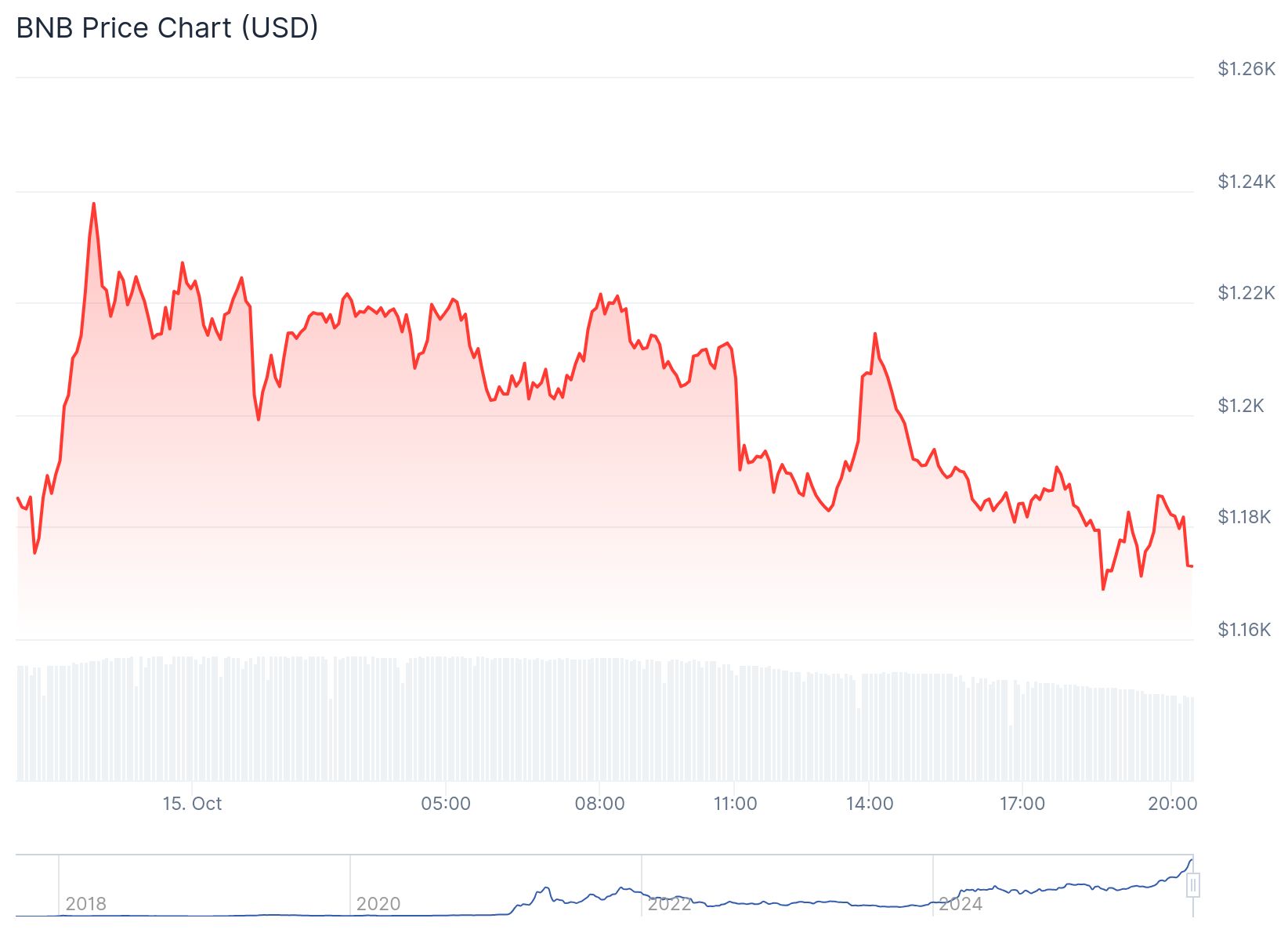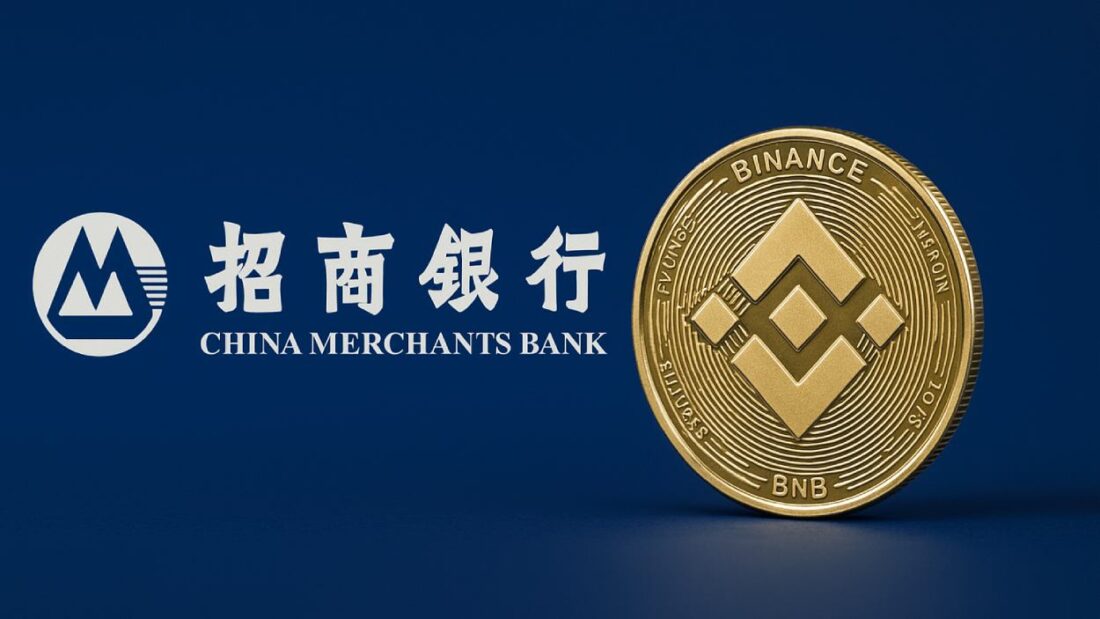China Merchants Bank, via its Hong Kong arm, has tokenized a $3.8 billion money market fund on BNB Chain, marking one of the largest integrations of traditional finance with blockchain to date.
Key Takeaways
- CMB International, a subsidiary of China Merchants Bank, has launched its USD money market fund on BNB Chain via tokens CMBMINT and CMBIMINT
- The fund is also available on Solana through a partnership with DigiFT, showing CMB’s multi-chain strategy
- Investors can participate using fiat or stablecoins and access DeFi features like lending and yield farming, powered by OnChain
- The move comes amid reports of regulatory pressure in Hong Kong around real-world asset tokenization
What Happened?
CMB International Asset Management (CMBI) has extended its tokenization efforts by launching its USD money market fund on BNB Chain. The fund is now represented on-chain through CMBMINT and CMBIMINT tokens, offering accredited investors the option to gain exposure using fiat or stablecoins, with the added benefit of accessing DeFi applications.
This development builds upon CMBI’s earlier initiative in August, when it tokenized the same fund on Solana via DigiFT. The integration with BNB Chain taps into one of the most active blockchain ecosystems, further expanding accessibility for investors across Asia and beyond.
CMB International, a subsidiary of China Merchants Bank, has launched its $3.8B Money Market Fund on BNB Chain, represented by the CMBMINT and CMBIMINT tokens.
— BNB Chain (@BNBCHAIN) October 15, 2025
Here’s why this matters 🧵👇 pic.twitter.com/Cqw7uoqsX0
Bridging TradFi and DeFi
By tokenizing a regulated multi-billion dollar fund, CMB is pushing forward a growing trend of bridging traditional finance (TradFi) with decentralized finance (DeFi). Tokenization enables real-time trading, increased transparency, and global access, which are not always possible with conventional banking infrastructure.
Multi-Chain Strategy
CMB’s expansion to both Solana and BNB Chain illustrates its multi-chain approach, allowing the fund to remain accessible and resilient. It also indicates that institutional players see long-term value in diversifying their blockchain exposure to mitigate risks and reach more users.
Backed by Infrastructure
With support from OnChain, an RWA infrastructure provider, and smart contract functionality via DigiFT, the tokens support on-chain subscriptions, redemptions, and interactions with other DeFi protocols. This means users are not just investing but can also utilize the tokens across blockchain-based financial services.
Market Sentiment and Regulatory Landscape
BNB, the native token of BNB Chain, has shown resilience amid broader crypto market volatility. Despite a recent $500 billion market wipeout, BNB rebounded from $1,145 to $1,237, holding a steady support level near $1,172. Binance and BNB Chain responded with a $45 million airdrop initiative and a $400 million Together Initiative, aimed at rebuilding user trust.

Simultaneously, regulators in China have reportedly pushed Hong Kong brokerages to pause tokenization efforts, creating a layer of uncertainty. Yet, the CMB initiative signals institutional commitment to blockchain finance, despite unclear policy directions.
CoinLaw’s Takeaway
In my experience, this move by China Merchants Bank is a massive step forward for both blockchain adoption and institutional credibility in the crypto space. This is not just an experiment, it’s a serious deployment of a multi-billion dollar asset into the DeFi world.
I found the multi-chain strategy particularly smart. If one ecosystem faces regulatory or technical issues, another remains operational. That’s a level of foresight we rarely see in legacy finance.
The fact that such a large-scale fund has been brought on-chain shows that real-world asset tokenization is no longer a concept, it is now a reality. Institutions, developers, and regulators should take note. The financial system is evolving in real time.


































































